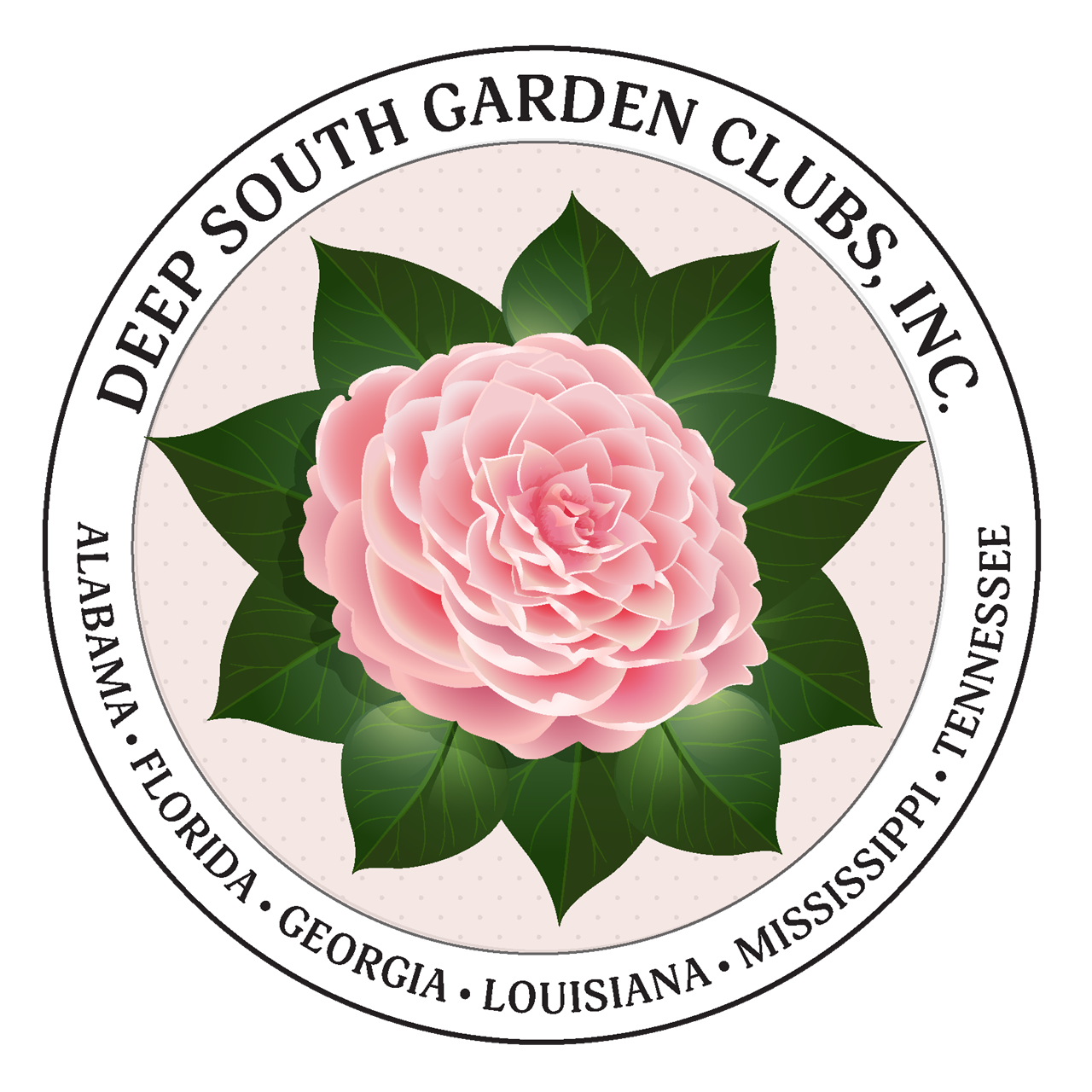
Digging It!
The
How to Establish a Horticulture Study Course
The basic Course Handbook is available through the FFGC Headquarters gift shop for a nominal fee (includes notebook binder, outlines, handouts and administrative forms). An Instructors Course Handbook is available through the FFGC Headquarters but is to be purchased by approved instructors only.
Forms included in the binder are also available online at the FFGC web site in the horticulture section.
Forms may be mailed or emailed to the State Horticulture Study Course Chairman (listed in the BOI).
Committee Chairman:
- Contract instructors to teach (either by the course or for all courses in advance). Instructor Contract form letter available on page 121 in the Course Handbook. Consider the use of guest speakers or experts in the field of study to augment instruction.
- Register the course with the State Horticulture Study Chairman (name and address can be found in the BOI). Registration forms available on page 127.
- Coordinate for an appropriate facility (negotiate rental contract).
- Publicity is vital to a successful program! Get the word out!
- Coordinate with other committee members for set up and clean up.
Committee members:
- Hospitality: Set up for morning coffee, snacks and make arrangements for homemade or catered luncheon at $5 (estimated) per person. Keep records of expenses and income to provide treasurer.
- Horticulture helpers: Procure examples of plants being studied and plants to be used in propagation or other demonstration techniques. Procure soil, pots, etc. as needed for propagation or demonstration.
- Registration: Keep list of students signed up to take each course, provide nametags and folder/handouts.
- Treasurer: Keep accounting of all funds, prepare budget, and pay all bills in a timely manner.
- Ways and Means: Provide items for sale that relate to the course of study (books, plants/bulbs/seed, tools, gloves, etc.). Keep record of expenses and income to provide treasurer.
- Instructor Hospitality: Provide a guest room for instructor in your home or reserve hotel room for instructor.
Time management: Each unit is designed for four hours in a one-day session.
Courses may be taken in any order and at any location. It is recommended that Course 1 be taught first as it contains the requisite knowledge all students should possess for successful completion of the courses.
Courses can be scheduled as suits the participants: One course a week for 10 weeks, once a month for 10 months, every other garden club meeting, etc. However it works best for you. Just remember that all 10 courses should be completed in a two-year timeframe.
Courses 1 through 6 must be included for certification but courses 7 to 10 may be substituted with any of the optional courses listed or approved by the state chairman.
A Certificate of Completion will be prepared and presented to students when all 10 courses are completed within a two-year period. A certificate fee of $1 per student shall be forwarded to the state chairman. Certificates are to be presented at a suitable time and event such as at a district or annual meeting, etc.
Recommended cost per student per course is $20 each. If courses are being used as a fundraiser, consider having a luncheon (extra charge) and ways and means table/plant sales. Plant materials paid for by the committee for use by the instructor can be sold to recoup cost of course.
Establish a minimum and maximum number of students.
Course Adaptations:
With only minor adjustments, this course can be tailored to serve as a series of programs for your Youth Gardener clubs. Many of the projects found herein can be successfully used with your Garden Therapy programs. The “Digging It” program in its entirety can be used for Penal Therapy as well.
Awards:
There are a number of state and national awards that can be applied for by using this program in your garden club projects. Community service projects could be the perfect vehicle for putting the recently gained knowledge to good use. Consider the Deep South Garden Club Award #11 Horticulture Award, the FFGC District Award #D-8: District Horticulture Award, FFGC Award #20: Year’s Horticulture Programs, FFGC Award #19: Horticulture, FFGC Award #21: Horticultural Achievement, FFGC Award # 26: Membership Increase Through Horticultural Activities, FFGC Award #32: Park Planting, FFGC Award #34: City Public Planting, FFGC Award #36: Community Service Award, FFGC Award #37: School Grounds Beautification, FFGC Award # 42: Landscaping a Balcony Award, FFGC Award # 44: Native Plant Landscaping, FFGC Award #90: Horticulture Program, and so many others. Take the time to look for an appropriate project that fits with your “Digging It” learning experiences and then apply for the award.
.png)

